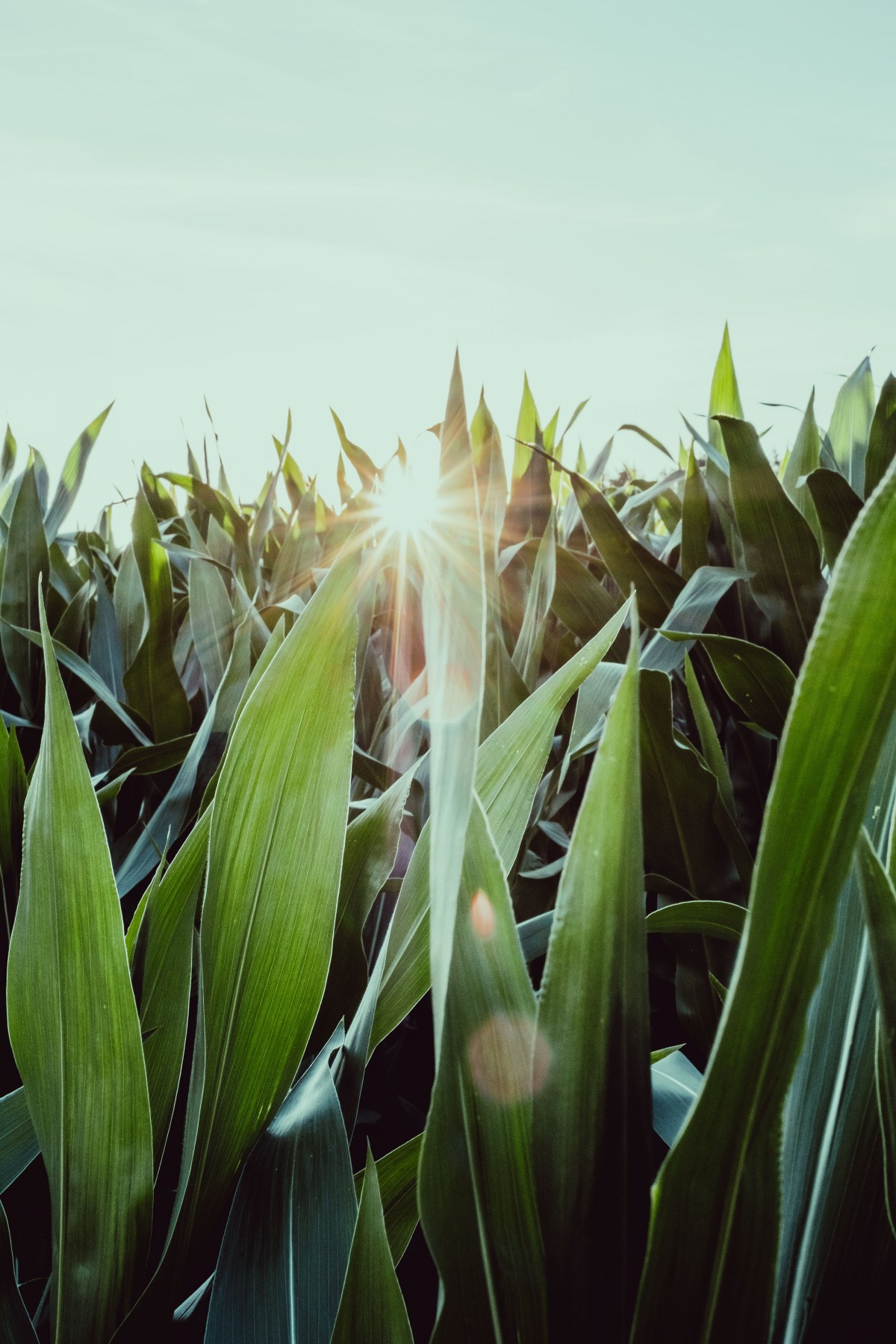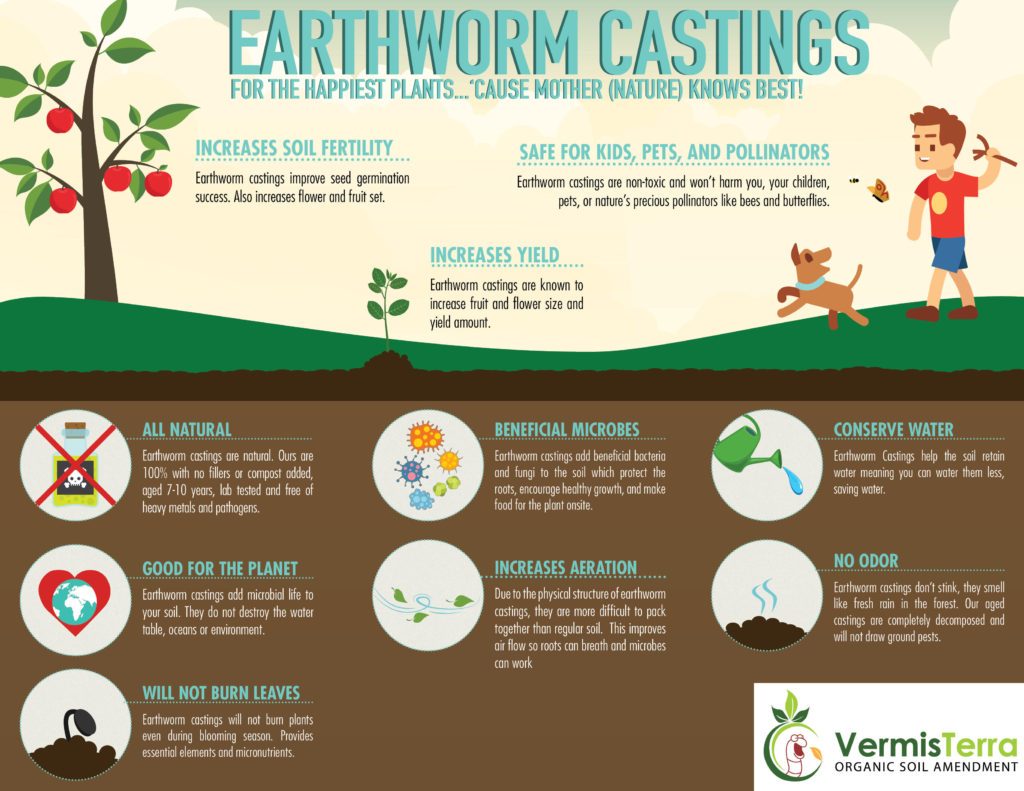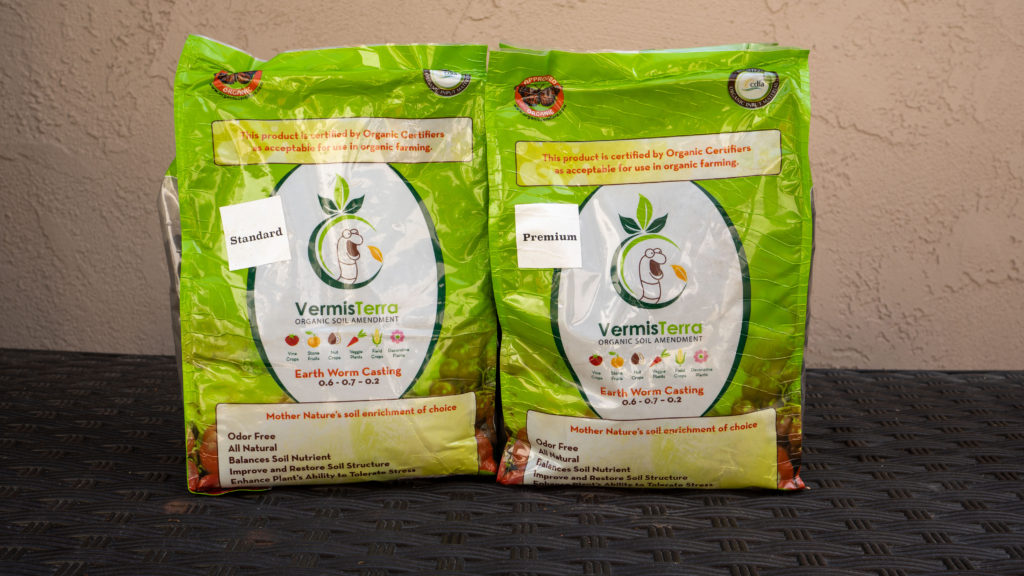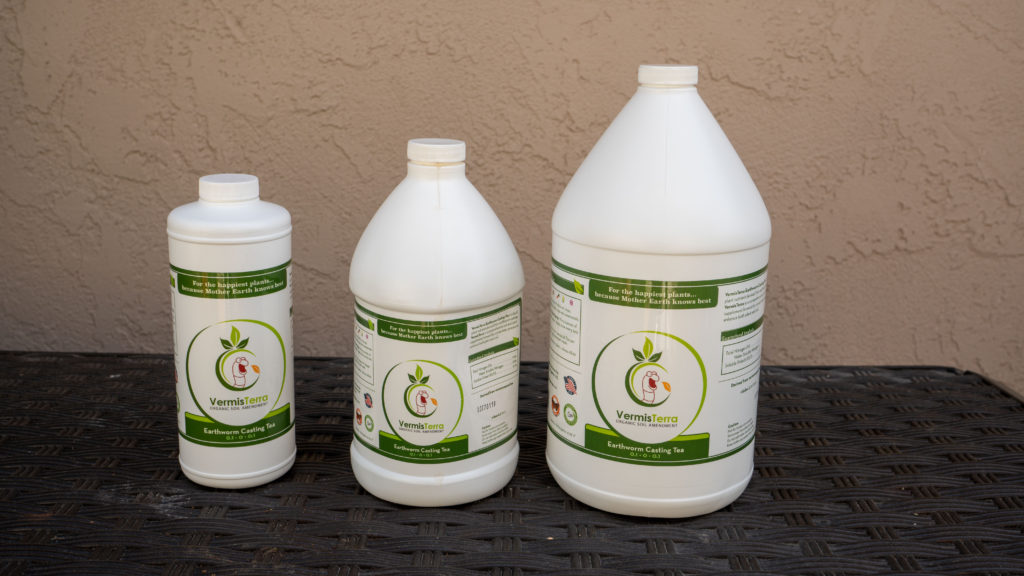For one thing, plants are always under threat of biotic and abiotic stress. Things like a lack of water and extreme temperatures. Soil microbes can be used to enhance resistance to these issues for the majority of plants.
Another problem often faced by farmers is soil contamination. While this can be caused by certain unavoidable things like acid rain, road debris and accidental spillage of harmful materials, the way we farm can also have the same effect.
Intensive farming, petrochemicals and also using the wrong kind of pesticides, herbicides and fertilizers. Soil contamination can often lead to the land being unusable but not if you are treating your soil with microbes instead of those other, more harmful soil treatments.
The nutrients present in soil microbes can help to remediate the contaminated soil so that your plants won’t suffer as a consequence of unexpected problems. Soil microbes can also be used to neutralize rocks in the soil which might get in the way of plant growth. These microbes turn rocks, nitrogen in our atmosphere, into plant available food.
They can be used to manage soil fertility as well as recycling nutrients which would otherwise only serve a single purpose and there many other ways in which effective use of soil microbes can contribute to sustainable, organic farming. Even locked up nutrients which are unavailable to the plant due to pH issues, get freed up and ready for plant use.
If you want to start putting the microbes in your soil to good use then we’ve got the perfect thing for it in the form of our Organic Vermisterra Tea. Derived from our very own Worm Castings, this tea is perfect for stimulating microbe activity. These microbes live in and clean the soil, some even compete with harmful nematodes.
It’s also got mycorrhizae which boosts root strength and production as well as humic acid which helps to increase the nitrogen, phosphorus and potassium content in your soil. And it’s always lab-tested to ensure it’s free of pathogens.
Farmers and gardeners worry about insects attacking their prized crops. With sustainable and organic farming, most focus on integrated pest management (IPM). This is the practice of using natural predators to control insects in your garden. One example is freeing ladybugs in the garden to eat aphids. What if I told you that earth worm castings prevent insect pressure in plants? Research shows that plants fed with vermicompost are no as attractive to sucking insects. Also, healthier plants have tannic acid which upsets the digestion and reproductive system of many insects. Combine IPM with earthworm castings and you are bound to have a healthy garden.
Our customers are consistently satisfied with this product and there’s no reason why you shouldn’t be too if you want to give it a try. The future of our agriculture industry is at hand, and it’s becoming clearer and clearer that soil microbes are the way forward for us.












